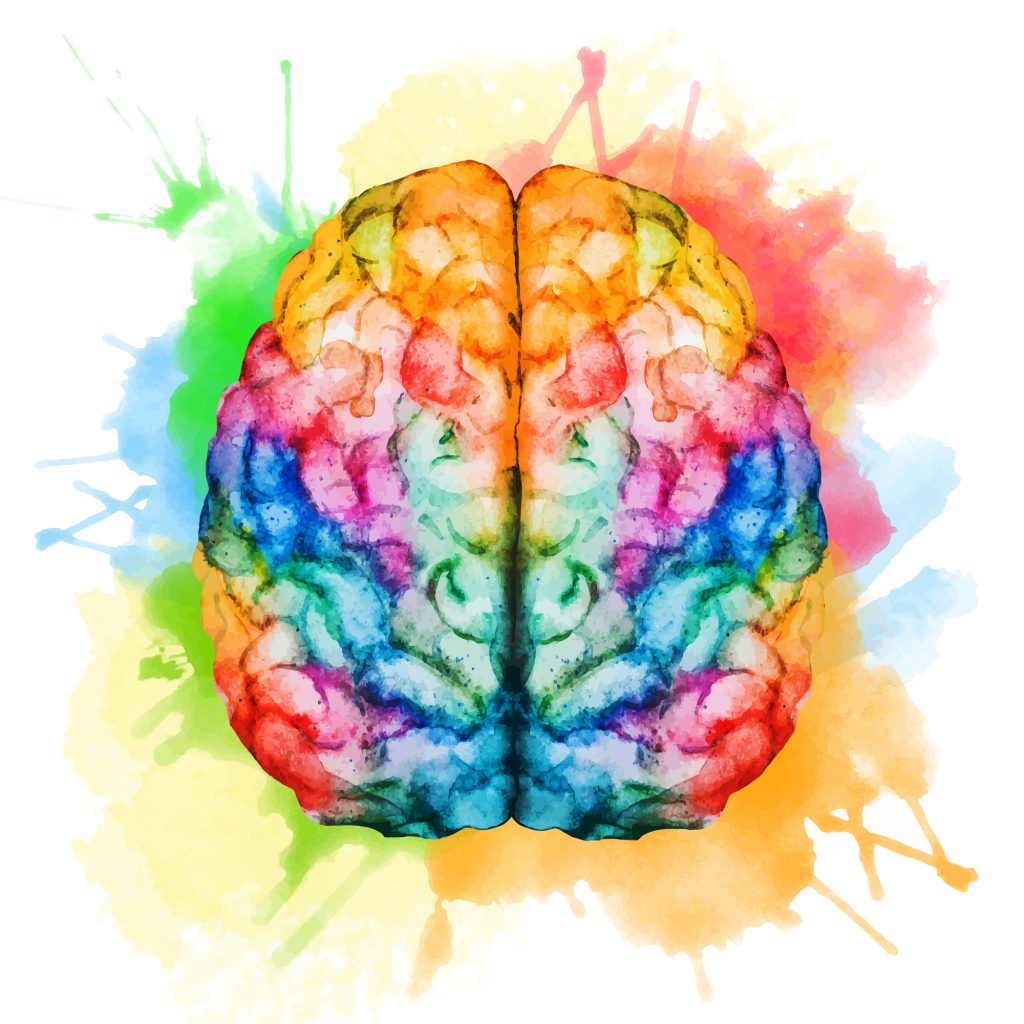
What Are the IB TOK Essay Prescribed Questions for May 26?
If you’re an IB student, you may have seen the TOK essay titles for May 26. These six questions will help you write one of the most significant papers for your IB Diploma.
If you’re an IB student pursuing the IB program, you’ll need to complete an internal assessment IA as part of your curriculum. The IA is an opportunity for you to conduct independent research on a psychology-related topic that interests you. This assignment carries a significant weightage, and a well-written IA can positively impact your grades. Choosing a relevant and engaging topic is a crucial part of this process, and this article will guide you through the steps of choosing a topic, conducting research, and analyzing data.

The first step to completing a successful IA is to choose a topic that you’re interested in. Since you’ll be spending a considerable amount of time researching and writing about this topic, it’s crucial to pick something that genuinely interests you. One way to select a topic is to consider your personal interests. If you’re passionate about a particular aspect of psychology, such as cognitive psychology, social psychology, or abnormal psychology, you could choose a topic related to it.
Another approach is to look for inspiration in current events. As psychology is the study of human behavior and the mind, it’s easy to find current events that relate to psychological concepts. For example, you could research the psychological impact of the COVID-19 pandemic, or the impact of social media on mental health. Finally, it’s essential to ensure that the topic you choose is grounded in relevant theories or concepts. This will help you to develop a well-rounded and well-informed IA.
There are several types of IAs that you can choose from, including experimental research, correlational research, case studies, and observational studies. Experimental research involves manipulating a variable to observe the impact on another variable. This type of research is useful when you want to establish cause and effect relationships between variables. Correlational research, on the other hand, involves observing the relationship between two variables. This type of research is useful when you want to determine whether there is a relationship between variables, but you don’t want to establish a cause and effect relationship.
Case studies involve observing a specific individual or group of individuals in detail. This type of research is useful when you want to understand the unique experiences of a person or group of people. Observational studies involve observing behavior in a naturalistic setting. This type of research is useful when you want to study behavior in its natural context.
Now that you have a better understanding of the types of IAs, let’s look at some examples of topics that you could choose for your IA. For instance, you could research the effects of social comparison on body image and self-esteem. Social comparison is the process of comparing oneself to others to evaluate one’s own abilities or characteristics. This type of research could involve conducting a correlational study to determine the relationship between social comparison and body image and self-esteem.
Another topic to consider is the correlation between parental involvement and academic achievement. Parental involvement is the extent to which parents are actively involved in their child’s education. This type of research could involve collecting data through surveys or interviews and analyzing the relationship between parental involvement and academic achievement.
The impact of culture on the perception of mental illness is another compelling topic. This research could involve conducting a case study to explore how culture influences the perception of mental illness in different societies. You could also investigate the effectiveness of mindfulness meditation on stress reduction or the influence of group conformity on decision-making.
Once you’ve chosen a topic for your IA, you’ll need to collect data to support your research. There are various research methods that you can use, including surveys, interviews, and collecting data from secondary sources. It’s important to consider ethical considerations when collecting data, particularly when it involves human participants. This means obtaining informed consent, protecting the confidentiality of the participants, and ensuring that the research is conducted in a respectful and ethical manner.
When collecting data through surveys or interviews, it’s important to use appropriate sampling methods to ensure that your sample is representative of the population you’re studying. For instance, if you’re studying the impact of culture on the perception of mental illness, you’ll need to ensure that your sample includes individuals from different cultural backgrounds.
You Might Also Like:
After collecting data, you’ll need to analyze it to draw conclusions that support your research question. There are various statistical tests that you can use to analyze data, depending on the type of research you’ve conducted. For example, if you’ve conducted a correlational study, you could use a correlation coefficient to determine the strength of the relationship between variables. If you’ve conducted an experimental study, you could use a t-test to compare the means of two groups.
It’s important to present your findings in a clear and concise manner. You can use tables, graphs, and charts to summarize your data and make it easier to understand. It’s also essential to interpret your results in the context of your research question and relevant theories.
In conclusion, the IB Psychology IA is a critical assignment that requires careful planning, research, and analysis. Choosing a topic that you’re interested in and that is grounded in relevant theories is a crucial first step. Once you’ve selected a topic, you’ll need to collect data using appropriate research methods and consider ethical considerations when working with human participants.
Analyzing data using appropriate statistical tests is an essential part of the IA, and it’s important to present your findings in a clear and concise manner. By following these steps, you’ll be able to produce an IA that is well-researched and provides valuable insights into your chosen topic. Good luck with your IA!
Looking for more help with your Internal Assessment? Check out our IB IA Writing Service or buy Internal Assessment.

Nick Radlinsky is a devoted educator, marketing specialist, and management expert with more than 15 years of experience in the education sector. After obtaining his business degree in 2016, Nick embarked on a quest to achieve his PhD, driven by his commitment to enhancing education for students worldwide. His vast experience, starting in 2008, has established him as a reputable authority in the field.
Nick's article, featured in Routledge's "Entrepreneurship in Central and Eastern Europe: Development through Internationalization," highlights his sharp insights and unwavering dedication to advancing the educational landscape. Inspired by his personal motto, "Make education better," Nick's mission is to streamline students' lives and foster efficient learning. His inventive ideas and leadership have contributed to the transformation of numerous educational experiences, distinguishing him as a true innovator in his field.

If you’re an IB student, you may have seen the TOK essay titles for May 26. These six questions will help you write one of the most significant papers for your IB Diploma.

One of the most important parts of your IB research paper is the abstract, which gives readers a clear picture of your work. This guide shows you how to write an effective abstract that sticks out to examiners, properly describes your research, and gives your IB paper a more professional touch.

It’s likely that the person who wrote an essay that made you think, “Wow, that sounds powerful,” used rhetorical techniques. And the big question at this point is, can you use rhetorical techniques in IB essay writing?

In this article, I’ll provide you with useful tips that worked for me and my students. The transition from IB to university can feel less like a leap off a cliff and more like a sure step forward if you use the proper strategy.

Today, IB internships are one of the best ways for students to learn practical skills. This refers to internships at the International Baccalaureate Organization (IBO) or IB World Schools, not investment banking, which is commonly confused.

Writing a scholarship essay as an IB student is your chance to combine academic achievements with personal stories that truly stand out. In this guide, I share proven tips, real IB examples, and a step-by-step approach to help you craft a winning essay.
© 2025 IBstudenthelp.com. This website is owned and operated by Udeepi OU Harju maakond, Tallinn, Lasnamäe linnaosa, Sepapaja tn 6, 15551.
Disclaimer : Services we provide are only to assist the buyer like a guideline to complete any kind of writing assignment.
Privacy Policy Terms and Conditions Cookie Policy Revision Policy Refund Policy